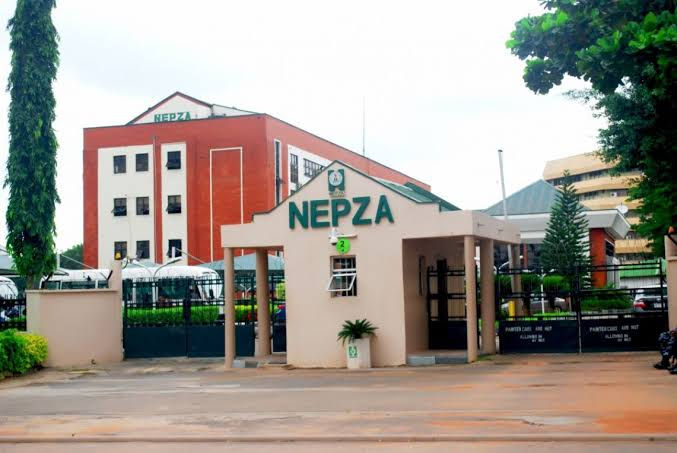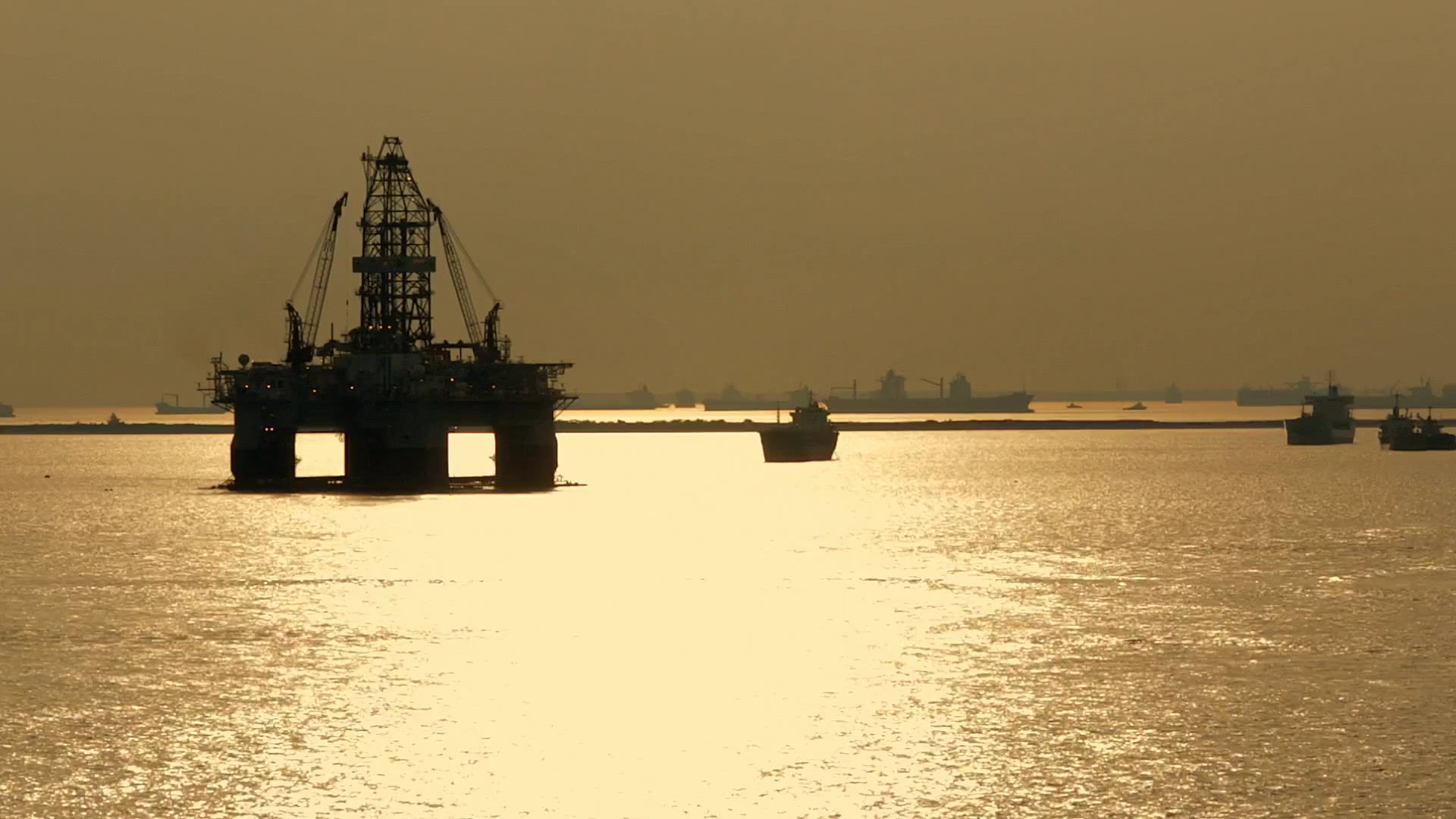Gulf of Guinea Focus: Week 24
- Agwe Global
- Jun 13, 2024
- 3 min read

The Nigerian government has vowed to sustain the feat of achieving zero piracy incidents since 2022, which led the International Maritime Bureau, IMB, to remove the country from its piracy list of hot spots. This feat, according to the Minister of Marine and Blue Economy, Adegboyega Oyetola, is attributed to the successful intervention of the Deep Blue Project, which has ensured zero piracy incidents in Nigeria’s territorial waters since 2022. Oyetola speaking at the 2024 graduation ceremony of the Advance Combat Training Program for the Maritime Security Unit of the Deep Blue Project, in Elele, Ikwerre Local Government of Rivers State, said even the United Nations Security Council has acknowledged Nigeria’s progress in maritime security.
For further information please check the link below:

Managing Director of the National Inland Waterways Authority (NIWA) Bola Oyebamiji has appealed to the Ministry of Marine and Blue Economy for funding in other to carry out its Key Performance Indicators in line with Performance Bond that was signed with the Minister in December last year. Part of the key performance indicator is the dredging of the 2000KM navigable waterways and the completion of Jamaja Inland Port in Lokoja. Oyebamiji stated this at a one-day visit of the Minister of Marine and Blue Economy, Adegboyega Oyetola and inauguration of some projects executed by NIWA at its headquarters in Lokoja, Kogi State.
For further information please check the link below:

The Nigeria Export Processing Zones Authority (NEPZA), said the country’s Free Zones as of October 2023, remitted N11.11 trillion to the Federation Account. The Managing Director, NEPZA, Olufemi Ogunyemi, said this during an oversight visit of the members of the Senate Committee on Industry, Trade and Investment in Abuja. According to Ogunyemi, this achievement underscores the importance of special economic zones (SEZs) in Nigeria’s economic landscape. The News Agency of Nigeria (NAN) reports that the Nigerian SEZ scheme, governed by the NEPZA Act, allows for public, private, or public-private operations in these zones.
For further information please check the link below:

A retired Rear Admiral, Andrew Okoja, has warned that Nigeria stands to lose $27.29 billion in foreign investment for the Escravos Seaport Industrial Complex (ESIC) project in Delta State.Okoja, who is also the chairman of the Mercury Maritime Concession Company (MMCC), said this in a statement in LagosHe stated that the country was on the verge of missing this significant funding due to prolonged delays by the federal and Delta State governments in granting final approval for the project’s commencement. “The delay in providing the necessary approvals by both the federal and Delta State governments may result in Nigeria missing out on creating much-needed job opportunities and boosting the nation’s economy,” Okoja said.
For further information please check the link below:

The Commissioner of Police, Ports Authority Police (Western) Command, Olanrewaju Olawale Ishola, has assured the public that the command has put in place strategies to ensure the protection of critical national infrastructure at various ports in the country. This comes ahead of the proposed protest on June 12. The ports under protection include: Apapa Port, Tincan Island Port, Lekki Deep-Sea Port, and other lighter terminals. The command in a press statement issued by the Public Relations Officer, ASP Isaac Hundeyin, assured of free flow of traffic in and out of all port complexes to prevent vehicular clustering and ensure the smooth operation of port activities.
For further information please check the link below:

African Heads of Navies and Coastguards have called for the need to establish a comprehensive database that would combine marine and maritime data to serve as a mandatory baseline for the development of the continent’s Blue Economy. This was part of the resolution reached at the end of a two-day International Maritime Conference 2024 held at the Admiralty Conference Centre, Naval Dockyard Limited, Victoria Island, Lagos. The conference attracted about 400 delegates from 15 countries including African heads of navies and coastguards, maritime security experts, academics, private sector representatives, international partners, and civil society organizations.
For further information please check the link below:


Comments